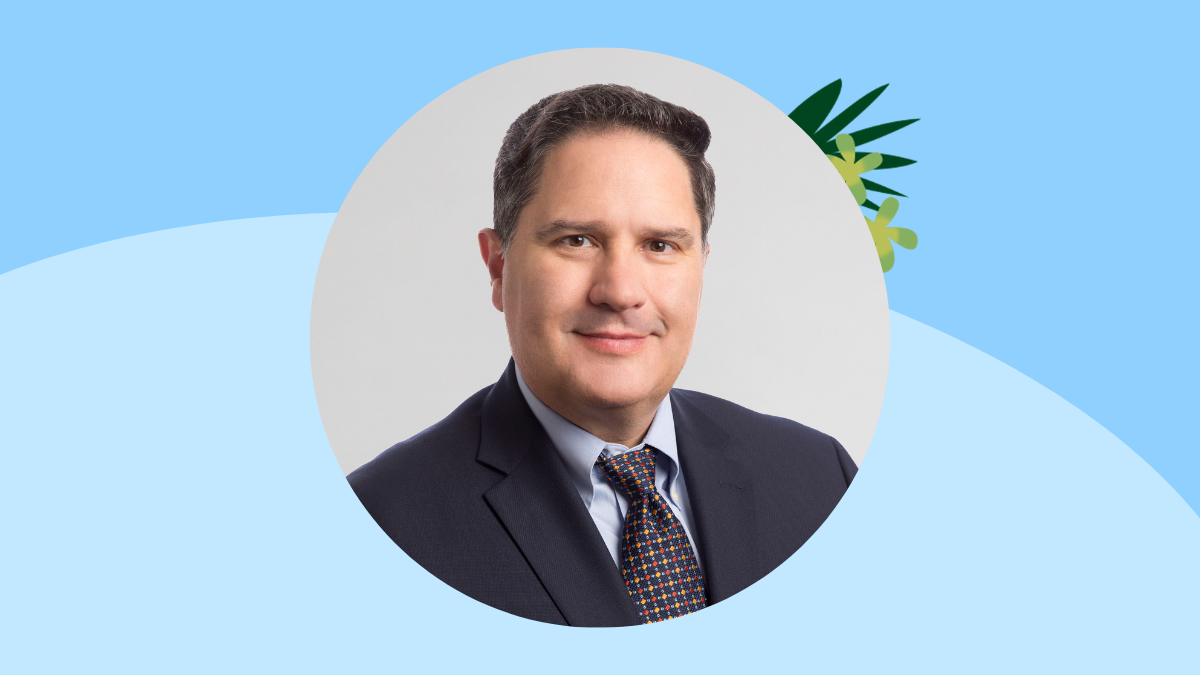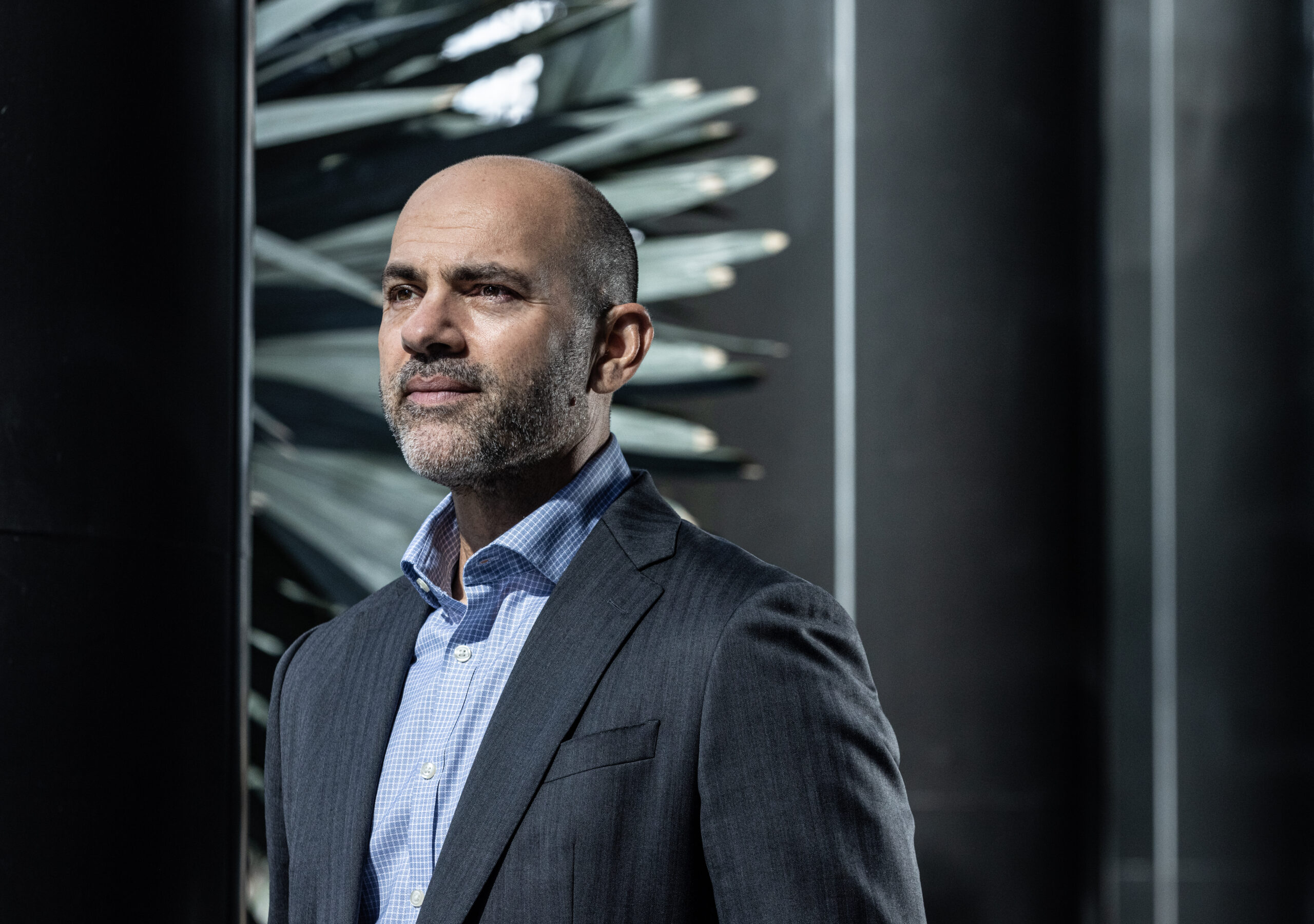At Salesforce, the CIO is not only head of IT, he’s also customer zero

Juan Perez was hired as CIO at Salesforce in 2022 after over 30 years at UPS in various roles, most recently as chief information and engineering officer. It had to be quite a change moving from a logistics company to the largest pure SaaS company in the world. Yet in some ways his job didn’t change all that much. He was still in charge of the IT organization and all that entails but at his new company, he has additional responsibilities that a CIO would only have at a company like Salesforce.
“I have a dual responsibility at Salesforce: one is that I have to push for Salesforce and the Salesforce platform, and I have to make sure that I take my responsibility as ‘customer zero’ very seriously,” he said.
But he also has regular CIO job responsibilities, ensuring that all operational technology is running smoothly and supporting the business, just as he did at UPS, while making sure that Salesforce is set up for the future with the right attention and funding across multiple priorities.
“One of the things that I have to think about when we operationalize all these things is that the funding is well distributed between all things we have to do to support the enterprise, especially a growing enterprise [like Salesforce],” Perez said. “What I worry a lot about is leaving the core IT behind and not having the appropriate IT support to help a company like ours grow and perform well in the future.” A big part of the job is making sure that doesn’t happen.
Thinking ‘bout AI
Like every other big-company CIO, Perez is thinking a lot about AI these days, but he is not only implementing AI to help improve company operations as he would at most companies, he is working at an organization where AI is core to the platform of products the company develops and sells, and he thinks that makes his role a bit different from the typical CIO.
“If you spoke with a CIO in another company, the response would be very different from mine because I happen to be in an organization that is prioritizing AI in its products,” he said. “We have a direct line of engagement with [the AI team], and we learn from them because my team gets an opportunity to work closely with them as we are building products that we're going to support our customers with.” He believes that gives him an advantage that other companies might not have.
AI runs on data, and Salesforce has been building data infrastructure for customers in the form of Data Cloud over the last several years, while his team has been working to update key internal data systems as well. “I've been really fortunate to have a data and analytics team within the CIO org. This group has been focused on establishing a solid data strategy for the company,” he said.
“We're doing appropriate data management. We have established appropriate data ownership. We have defined a data quality set of measures we're now reporting on a regular basis on where we stand with data quality specific to each implementation, and we're extending that same approach to other areas.”
Despite that, he says as a 25-year-old tech company that has acquired a fair number of companies including Mulesoft, Tableau and Slack; he still has to deal with legacy data issues across the organization.
“What I've come to learn is that every company has its own sets of data issues, no matter how old they are or what business they've been in, and the reason for that is the speed that business is moving. We solve problems any way we can, and we build all kinds of data repositories to try to solve the problem at the time,” he said. Every CIO has to deal with the impact of this ad hoc approach and choose which of these repositories to modernize when it makes sense for the business.
Fostering more open communication
As AI takes center stage at the company, Perez says they have formed an AI council to keep the lines of communication open across departments, especially with the security and compliance folks. He originally brought the group together because of concerns he had about shadow AI – that is, individuals and departments developing ad hoc AI projects outside of his purview – and he wanted to be sure he had visibility into what was going on across the company. But over time it has developed into a way to communicate more deeply across departments.
“The AI Council has evolved into a team of professionals that includes legal, our ethics in AI team, compliance, developers and our new product teams,” he said. The idea behind the council is bringing these people together to think about how Salesforce implements AI, and Perez thinks that will help them build better products internally and externally.
As part of that, he works with the chief security officer, who is known as the chief trust officer at Salesforce, as both executives have a role in keeping the company and its products safe. The relationship has developed to the point that a person from the chief trust officer’s team sits on Perez’s team.
“By working closely, we have been able to transform the way that we support enterprise security in the organization. So he has named an enterprise security lead who has a dotted line to me [on the org chart]. He sits on my staff. He sits in all of my engagements with the IT organization, and he's now part of the decisions we make as it relates to deploying AI in the enterprise,” Perez said.
How startups can help
Perez says that startups can help push things along, and he is open to working with them when it fits with his strategic goals. “I do think that there's a space for startups. I've had the opportunity to work on that before, and we have found some really interesting solutions that have actually worked and created value for the company.
He likes to look at the risk-reward equation when it comes to working with startups, while making sure that it’s an approach that aligns with his company's strategy. He also wants to see startups with something to show that’s concrete, or he’s not going to be interested. "The company has to be building something that is grounded in reality, not grounded in imaginary things that will come in time. It's really important to me that [the product] exists," he said.
Beyond that, he wants to be sure that this isn’t a flash in the pan, and that there is clear financial backing before he partners with a startup. “I think it's important, of course, that there is some level of financial support for those startups, not only by my company, but by others that perhaps are not competitors of ours, but who believe that there's value in the technology these guys are be working on,” he said.





